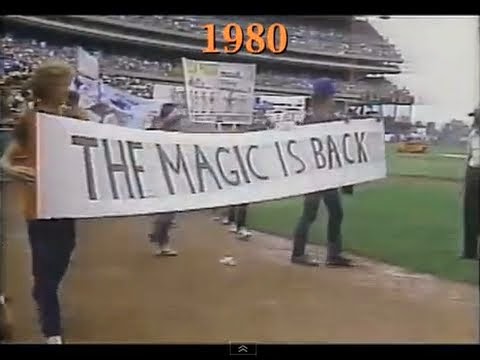He told me that his former co-workers called him “Eliot
Ness.” Why? Because his first name was Eliot and last name something like Ness,
but not quite. I also learned that Eliot was of Cuban descent and was—once upon
a time—a fireman. He referenced, too, an ex-wife and a son. It’s possible
Eliot’s been around my neighborhood for a while, but I can’t be certain. I
never noticed him before we met for the first time.
I encountered Eliot about a month ago when he very
vociferously informed me what a beautiful day it was. And he was right on the
money: It was a beautiful day. Eliot then asked me how I was doing and offered
me a thunderous parting salvo: “God bless you!” There was something slightly
menacing about the man, I thought, even though nothing he said—in actual
words—suggested that. But if I may employ a relation’s favorite term for the
Eliots of this world: He just didn’t seem “right in the head.”
Not having seen him before this meeting of the minds, I
didn’t give Eliot a second thought as he wandered away. But then a couple of
weeks later he materialized again in my little corner of the world. This time
around he extended his hand to me. I discovered now where Eliot shops for food
bargains—a German grocery called Aldi’s—and where he lives, too. Again, Eliot seemed
hot-wired—inebriated would have been a good guess. I bumped into the man one more time
after that and—as the old saying goes—the third time’s a charm. Any and all
doubt that Eliot liked his few were removed. The proof was in the pudding: a
bottle of Coors Light in his hand, a spare in his back pocket, and beer breath
on top of all that.
Eliot shook my hand—that's twice if you’re counting—and
admitted to having had a cold one or two. He began waxing nostalgic—about
something his ex-wife once said to him—and got emotional. “I’m sorry, I’ve got
to go because otherwise I’m going to cry.” It was a poignant moment for
sure—sad and all—but I nonetheless heaved a sigh of relief that Eliot went on
his merry way with his Coors Light bottles.









